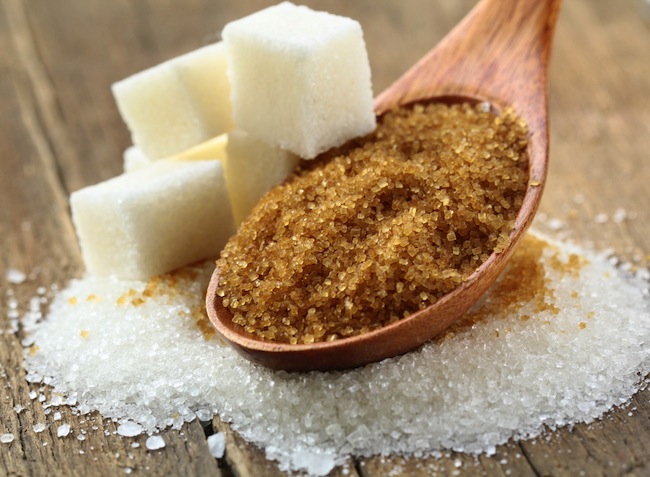You might wonder, “is brown sugar better than white sugar?” Before we go into that, you are probably familiar with the trend of replacing regular white sugar with brown sugar. Although many people believe that natural sweeteners like honey and maple syrup are healthier, others think that brown sugar is a better and healthier choice. Yes, brown sugar may contain slightly more essential nutrients, but does it make it necessarily healthier than white sugar?
Before we discuss further about the interesting facts of brown sugar, it is good to know what brown sugar actually is.
Brown sugar is sugar whose production does not involve refining processes. Unlike white or refined sugar, brown sugar is produced directly from sugar cane juice, which is literally boiled and left to cool and crystallize over time. Therefore, brown sugar can hold its shape like wet sand, while white sugar can’t.
The major characteristic of brown sugar is its brown color and strong taste, which is due to the presence of molasses. Refined sugar (in this case, white sugar) can also be turned into brown sugar by simply adding molasses in proportionate amounts. Brown sugar contains between 3% to 7% molasses as it is naturally moist.
Now, back to the main question: is brown sugar healthier than regular white sugar?
Molasses on brown sugar do contain more essential nutrients than white sugar. A tablespoon of molasses is a good source of dietary potassium, and provides small amounts of calcium, magnesium and B vitamins. However, the amount of these essential nutrients you’d be getting from brown sugar is very small and won’t do much to meet your daily nutrient needs.
Brown sugar and white sugar both contain about the same number of calories per serving. A teaspoon of packed brown sugar provides 17 calories and 1 teaspoon of white sugar contains 16 calories. So, if you’re looking for ways to cut calories, choosing brown sugar over white sugar won’t give any major effects.
From the explanation we can conclude that actually there are no significant differences between white sugar and brown sugar. To maximize your health and lower the risks of unwanted weight gain and chronic diseases, limit your daily sugar intake—including white sugar, brown sugar, and molasses. Even if you switch to honey to replace sugar, it should be consumed in moderation as honey is still sugar and has similar calorie content as plain sugar.
Always remember that all the sugar you eat will go down to your intestine, get broken down into glucose and fructose and eventually reach the liver. Your liver does not know whether the sugar you eat is ‘healthy’ or not, so make a wise decision when taking sugar to your daily diet!
Also Read: Apple Pie – Sugar Free





